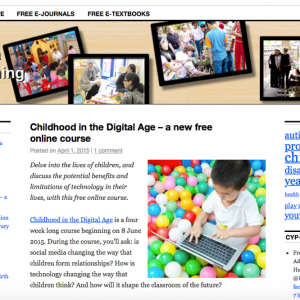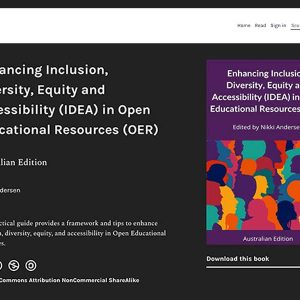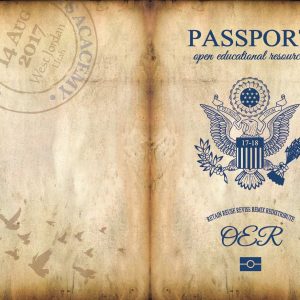Apurva Ashok is the Project Lead at Rebus Community, a Canadian charity that supports open publishing. She runs the Textbook Success Program, a year-long professional development course for OER creators. Apurva works with librarians, faculty, and administrators to guide them through best practices for open publishing and to grow their capacity for open textbook creation. Currently, Apurva is running three cohorts of the Textbook Success Program, which represents over twenty different open textbooks in development. She has followed these projects from their inception and has formed strong bonds with each creator. Apurva acts a constant sage, someone they can turn to when they encounter any obstacle. Whether it’s spending hours figuring out accessible math notation, researching resources for anti-racist pedagogy, or simply providing an ear, Apurva is there with a practical, calm, and methodical approach to problem solving.
Apurva stands for everything that makes the open education movement shine. She is a modest but diligent worker who builds communities around OER projects. She is extremely generous with her extensive knowledge of OER publishing, thoughtful about the implications of volunteerism in open education, and resourceful in her troubleshooting. Apurva has co-authored The Rebus Guide to Publishing Open Textbooks (So Far) as a way to publicly share a flexible methodology for publishing open books. It is people like Apurva, and Apurva specifically, who turn the wheels of the open education machine. She harnesses the creativity and passion of OER creators, giving them guidance, direction, and support, to publish OER in an environment that rewards vulnerability and experimentation.



